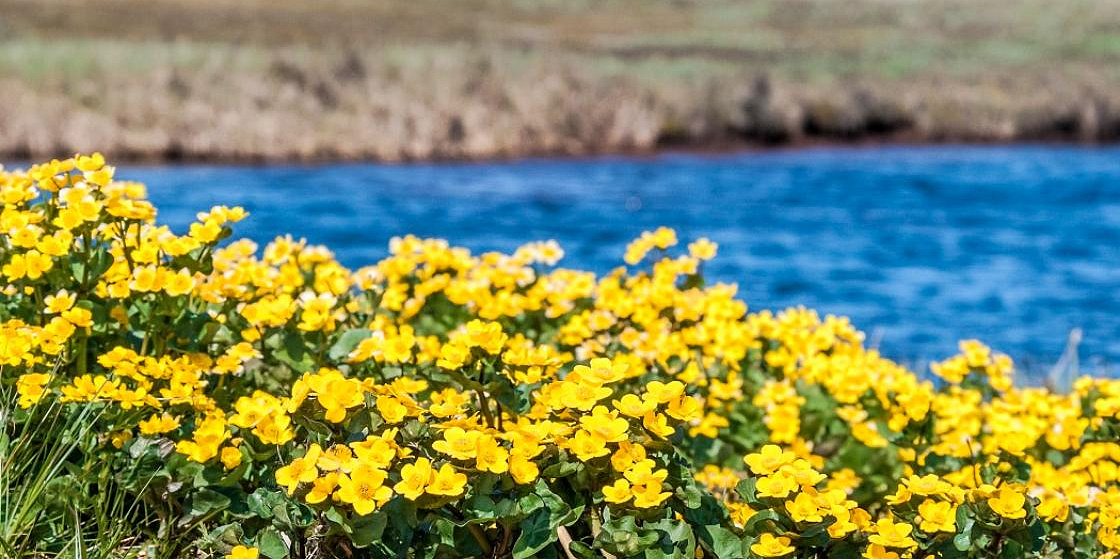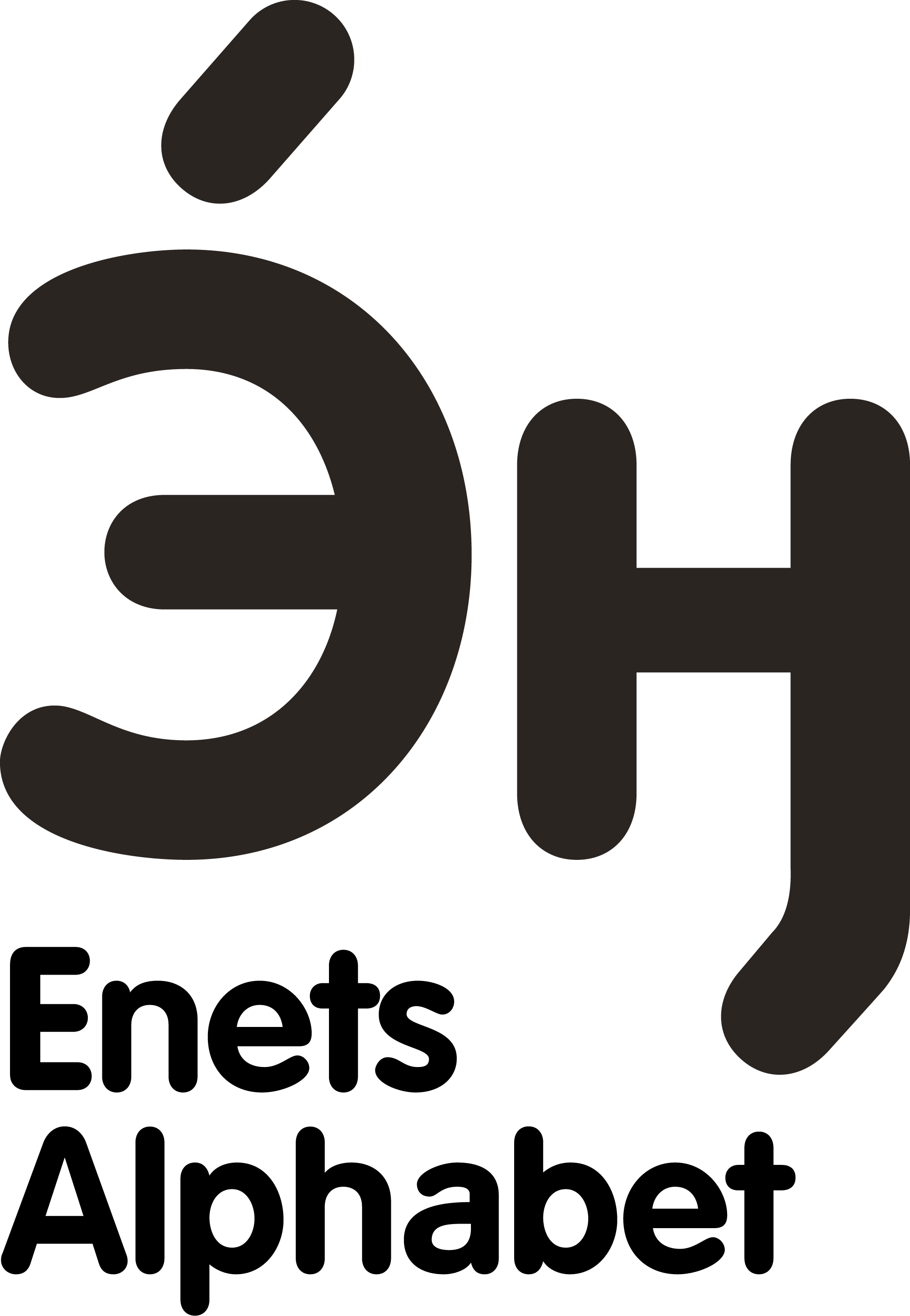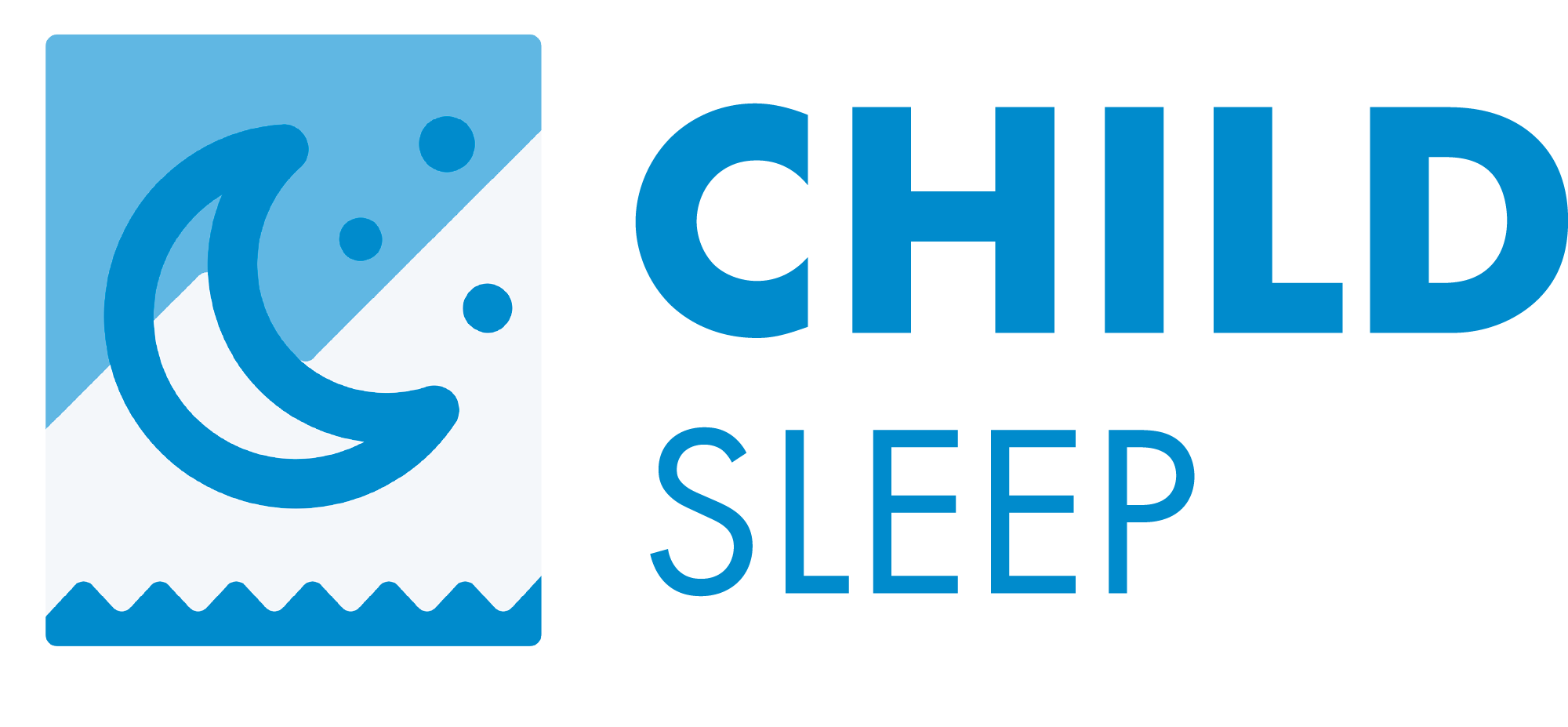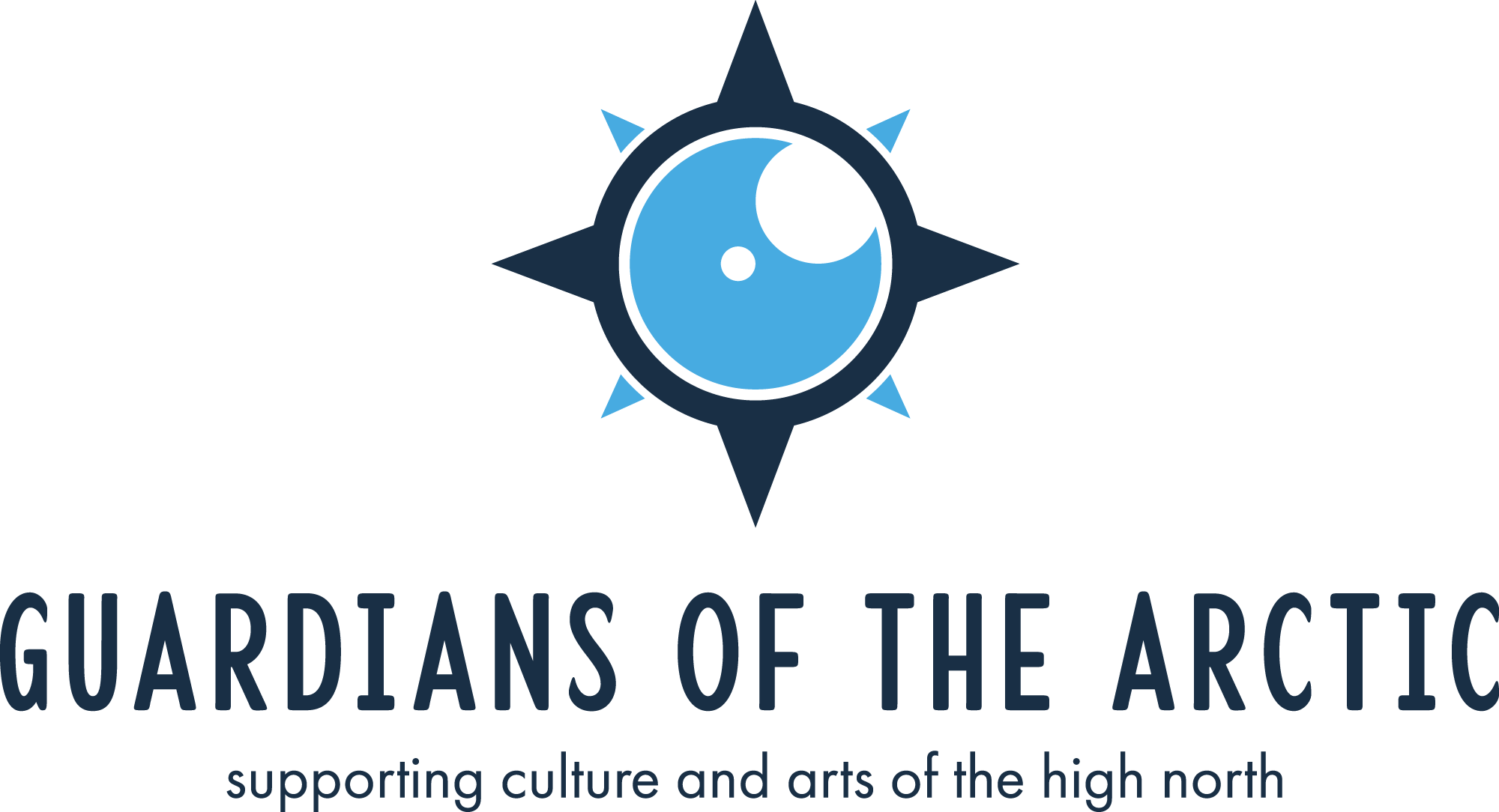
Photo: Konukhov Nikolai/GeoPhoto.ru
Arctic Weekly: Direct Line, Moscow Meeting, and Investment Accelerator
This week, President Putin took part in the annual Direct Line call-in program. During a nearly 4-hour marathon, he mentioned the Arctic on several occasions, namely, in relation to the global warming issue and the country’s prospects in the coming decades.
“Part of Russia's territory is located in the northern latitudes, in permafrost. If it starts to melt, there will be serious consequences”, Mr. Putin said. To counter the threat, the Government has come up with a comprehensive action plan. In addition, Russia will contribute to international efforts and expand its capabilities to absorb CO2 in the atmosphere.
In turn, Russia’s being an Arctic country was mentioned as one of its important strategic assets, along with its control of the Northern Sea Route and immense natural riches. All this, according to the Russian President, will help the country secure its place on the world stage as a strong nation.
And now on to other news.
Moscow Meeting. The Senior Arctic Officials convened in Moscow for the first executive meeting during the Russian Chairmanship (2021-2023). Delegates discussed plans for the action items outlined in the Reykjavik Declaration, as well as initial steps aiming to implement priorities of the newly adopted Strategic Plan for 2021-2030. Russian representatives also briefed their colleagues on the key items of the Russian Chairmanship Program.
Arctic Hectare is a go. President Putin signed into law the bill on the so-called Arctic Hectare program recently adopted by the Russian parliament. As part of the program, thousands of land plots across the Russian Arctic will be distributed, free of charge, to those willing to do business or settle down in Russia’s remote northern areas. The allocation of land plots is to kick off this August.
Investment Accelerator. An investment accelerator program aiming to provide support for infrastructure investment projects to be implemented in Russia’s Far Eastern and Arctic regions has been launched. According to the Far East and Arctic Ministry, 335 such projects with a total of USD 9.1 billion have already been registered with the investment accelerator system. The sectors accounting for the largest investment are road construction, amenities, and industry-related infrastructure.
Novatek goes green. Novatek has decided to move away from Obsky LNG, an LNG project located in Sabetta, Russia, to Obsky Gas Chemistry, which will be producing clean fuel such as ammonia, hydrogen and methanol. Obsky Gas Chemistry is expected to produce about 2.2 billion tons of ammonia per year by 2026.
Yamal to drill more. The polar Russian region of Yamal is determined to retain its leadership in the oil-and-gas production sector of Russia in the coming decades. According to plans recently voiced by the regional government, the district’s total oil and gas output will increase by at least 50% by 2035.
Green energy for the Arctic. A new wind farm is likely to be built in Sabetta, an Arctic port in Yamal, Russia. An onshore farm with an output of some 200 MW is to replace the existing thermal power station running on gas. Experts say an implementing partner for this project will be selected by late 2021 or early 2022.
Arctic ships for the NSR. According to Rosatom, a Russian state-owned corporation that specializes in nuclear energy, by 2024, the number of polar-class vessels operating in the Russian Arctic is likely to grow from 40+ to about 120. This number will increase drastically owing to a growing interest of investors in the NSR as the shortest way from Southeast Asia to Northern Europe, Rosatom believes.
Detecting Pollutants. A Russian/Swedish/Finnish science team will embark on an expedition to the Russian Arctic region of Murmansk to learn more about the sources of pollution affecting local rivers. The expedition will be organized as part of an international project implemented under the auspices of the Arctic Council.
“Part of Russia's territory is located in the northern latitudes, in permafrost. If it starts to melt, there will be serious consequences”, Mr. Putin said. To counter the threat, the Government has come up with a comprehensive action plan. In addition, Russia will contribute to international efforts and expand its capabilities to absorb CO2 in the atmosphere.
In turn, Russia’s being an Arctic country was mentioned as one of its important strategic assets, along with its control of the Northern Sea Route and immense natural riches. All this, according to the Russian President, will help the country secure its place on the world stage as a strong nation.
And now on to other news.
Moscow Meeting. The Senior Arctic Officials convened in Moscow for the first executive meeting during the Russian Chairmanship (2021-2023). Delegates discussed plans for the action items outlined in the Reykjavik Declaration, as well as initial steps aiming to implement priorities of the newly adopted Strategic Plan for 2021-2030. Russian representatives also briefed their colleagues on the key items of the Russian Chairmanship Program.
Arctic Hectare is a go. President Putin signed into law the bill on the so-called Arctic Hectare program recently adopted by the Russian parliament. As part of the program, thousands of land plots across the Russian Arctic will be distributed, free of charge, to those willing to do business or settle down in Russia’s remote northern areas. The allocation of land plots is to kick off this August.
Investment Accelerator. An investment accelerator program aiming to provide support for infrastructure investment projects to be implemented in Russia’s Far Eastern and Arctic regions has been launched. According to the Far East and Arctic Ministry, 335 such projects with a total of USD 9.1 billion have already been registered with the investment accelerator system. The sectors accounting for the largest investment are road construction, amenities, and industry-related infrastructure.
Novatek goes green. Novatek has decided to move away from Obsky LNG, an LNG project located in Sabetta, Russia, to Obsky Gas Chemistry, which will be producing clean fuel such as ammonia, hydrogen and methanol. Obsky Gas Chemistry is expected to produce about 2.2 billion tons of ammonia per year by 2026.
Yamal to drill more. The polar Russian region of Yamal is determined to retain its leadership in the oil-and-gas production sector of Russia in the coming decades. According to plans recently voiced by the regional government, the district’s total oil and gas output will increase by at least 50% by 2035.
Green energy for the Arctic. A new wind farm is likely to be built in Sabetta, an Arctic port in Yamal, Russia. An onshore farm with an output of some 200 MW is to replace the existing thermal power station running on gas. Experts say an implementing partner for this project will be selected by late 2021 or early 2022.
Arctic ships for the NSR. According to Rosatom, a Russian state-owned corporation that specializes in nuclear energy, by 2024, the number of polar-class vessels operating in the Russian Arctic is likely to grow from 40+ to about 120. This number will increase drastically owing to a growing interest of investors in the NSR as the shortest way from Southeast Asia to Northern Europe, Rosatom believes.
Detecting Pollutants. A Russian/Swedish/Finnish science team will embark on an expedition to the Russian Arctic region of Murmansk to learn more about the sources of pollution affecting local rivers. The expedition will be organized as part of an international project implemented under the auspices of the Arctic Council.
5 July 2021




